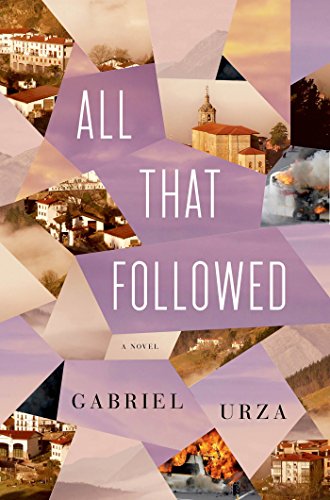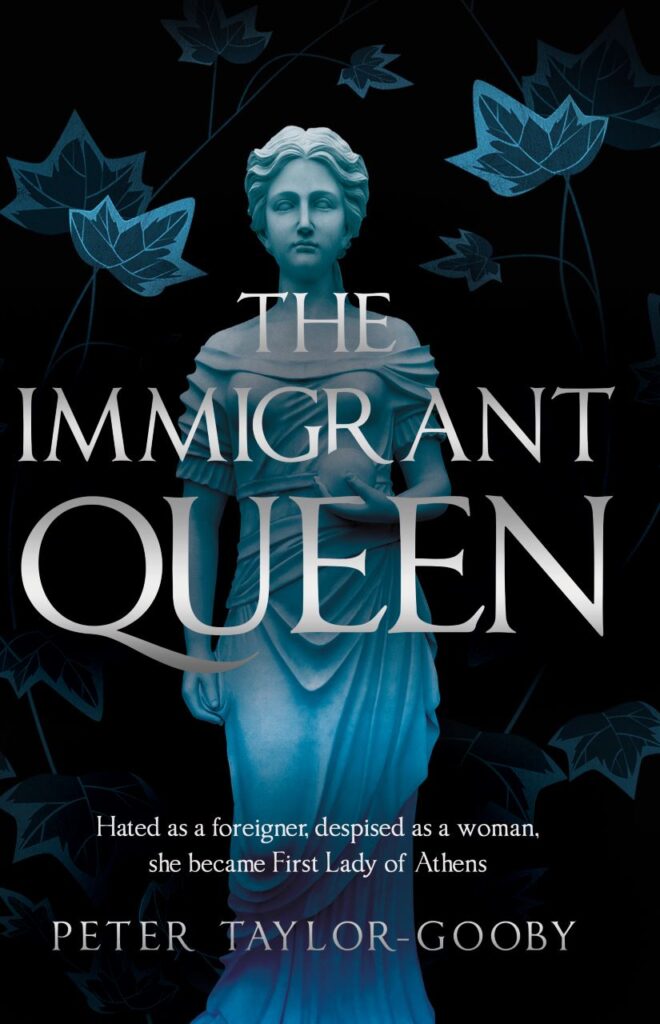All That Followed
All That Followed is one of those works of fiction—historical or not—where history is the central character and everything else flows from it. In Gabriel Urza’s case, that history is the history of the Basque people of Spain, their independence, their survival during Franco’s years, and their longing for a future uncertain.
Urza takes the history of the Basque people and tells their story through vignettes: Joni, the American who comes to Muriga, Spain, to teach English; Mariana, the wife of the murdered political leader; and Iker, the young Basque in jail for that murder. Joni and Mariana are estranged friends and Iker was once Joni’s pupil. The 2004 Madrid train bombing starts these three characters on a path of reflection, how history and their circumstances brought them to where they were today: A lonely old man longing for any kind of love, a sad widow trying to sort out what she calls two types of infidelity, and a convicted murderer wondering how his future changed so radically from his hopes.
If this review feels jumbled, it is because that is how the reader comes away from the book. It is a murder mystery where we know the “how” from the beginning, but instead are drawn through the “why.” What could the three characters have done to prevent the murder? Why does history compel us to behave the way we do? Why do people perceive it differently?
Urza’s writing is taut, harsh, and then lyrical and soft. It is deeply atmospheric and rich in imagery. But the characters, for all their history, felt flat. The jostling between time and characters was difficult to follow at times, and in the end, I didn’t feel satisfied with myself or the book. After a week’s reflection, there isn’t much that stands out in my memory. This isn’t to say that you shouldn’t read it. It is a book that will garner praise, just not much from me.










